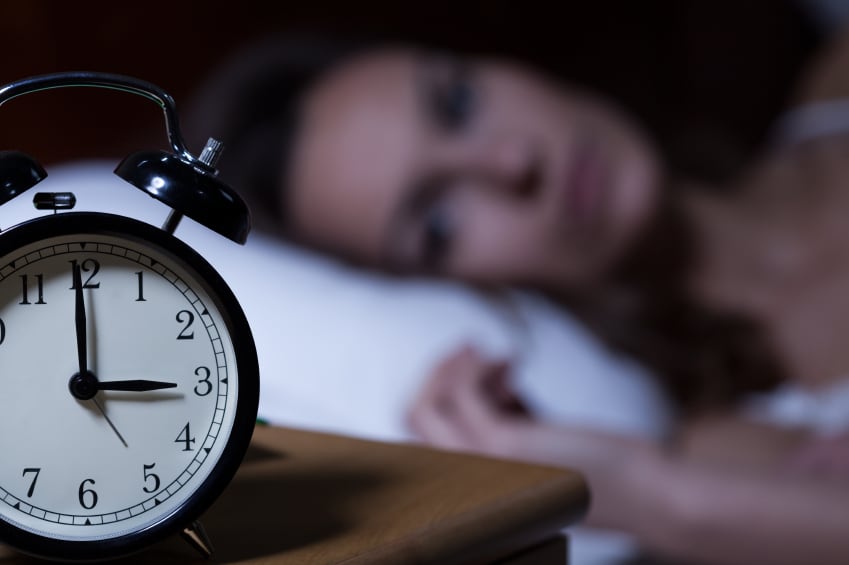Circadian rhythms – the body’s 24-hour clock - are important in determining the sleeping and feeding patterns. This cycle regulates the optimal timing of physiological processes such as when to sleep, eat and perform physical activity.
Individual adherence to the circadian rhythm is greatly influenced by an individual’s chronotype, which can be divided into ‘morning’ and ‘evening’ groupings.
To date, few studies have investigated how an individual's circadian typology, their chronotype, affects the association between chrono-nutrition and cardiometabolic health.
A new review attempted to do just this. Led by Nestlé Research, in collaboration with academics from Northumbria University, University of Surrey, London School of Hygiene & Tropical Medicine, Plymouth Marjon University, École polytechnique fédérale de Lausanne, University Medical Center Rotterdam, Örebro University and the National University of Singapore, the researchers looked at current research on chronotype to determine its association with dietary intake behaviours and health.
They noted that the current body of evidence does not demonstrate whether chronotype is a causal factor of eating patterns or food intake or merely a reflection of a “complex set of behaviours that also affect diet.” They added: “Furthermore, it may be that chronotype is a consequence of (caused by) the entraining effect of food constituents (16) or eating patterns on the peripheral clocks.”
Increased risk of NCDs
As well as identifying a preference for different foods, the research, published in Advances in Nutrition, found that individuals with an evening chronotype are more likely to eat larger meals later in the day.
“Individuals presenting with an evening chronotype have a tendency towards consuming fewer and larger meals and delaying food intake due to later awakening time. This, in turn, may result in a redistribution of energy and macronutrient intake towards later in the day,” they suggested.
Misalignment between the sleep-awake, fasting-feeding cycles, and the light-dark cycle subsequently disrupts the natural oscillations of physiologic processes such as glucose, lipid metabolism, and blood pressure, eventually manifesting itself as heightened risk of developing type 2 diabetes and cardiovascular disease.
“Accordingly, mounting evidence suggests a potential association between an evening chronotype and increased risk of cardiovascular disease and metabolic disorders including type 2 diabetes,” the researchers stated.
Nestlé said that a greater understanding of the relationship between sleeping and eating patterns could open the door to tailored nutrition solutions.
“Although this is a relatively new area of research, the evidence suggest that it could be possible to develop tailored dietary strategies that can help prevent and manage chronic diseases based on one’s chronotype,” the company noted.
Source: Advances in Nutrition
Published 30 November
DOI: https://doi.org/10.1093/advances/nmy070
'Chronotype: Implications for Epidemiologic Studies on Chrono-Nutrition and Cardiometabolic Health'
Authors: Suzana Almoosawi, Snieguole Vingeliene, Frederic Gachon, Trudy Voortman, Luigi Palla, Jonathan D Johnston, Rob Martinus Van Dam, Christian Darimont, Leonidas G Karagounis

